
Joe Brownstein
Latest articles by Joe Brownstein
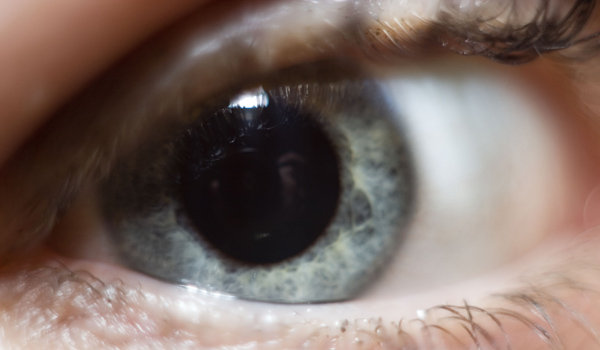
Seniors Eye Drugs, Not Lasers, to Improve Eyesight
By Joe Brownstein published
New eye therapies increased to 1.24 million from 430,000 in a 10-year period.

Genes Play Role in Baby's Sleep at Night
By Joe Brownstein published
Whether a baby sleeps through the night is partly genetic, a new study of twins finds.
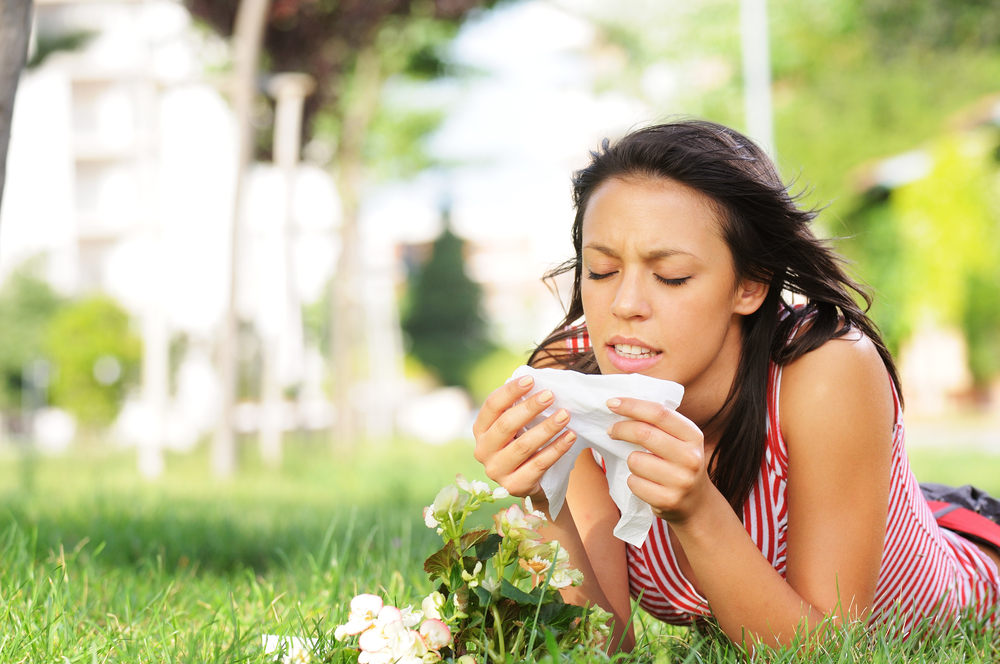
Will Allergies Be Worse in 2013?
By Joe Brownstein published
Environmental factors are expected to worsen suffering from allergens.
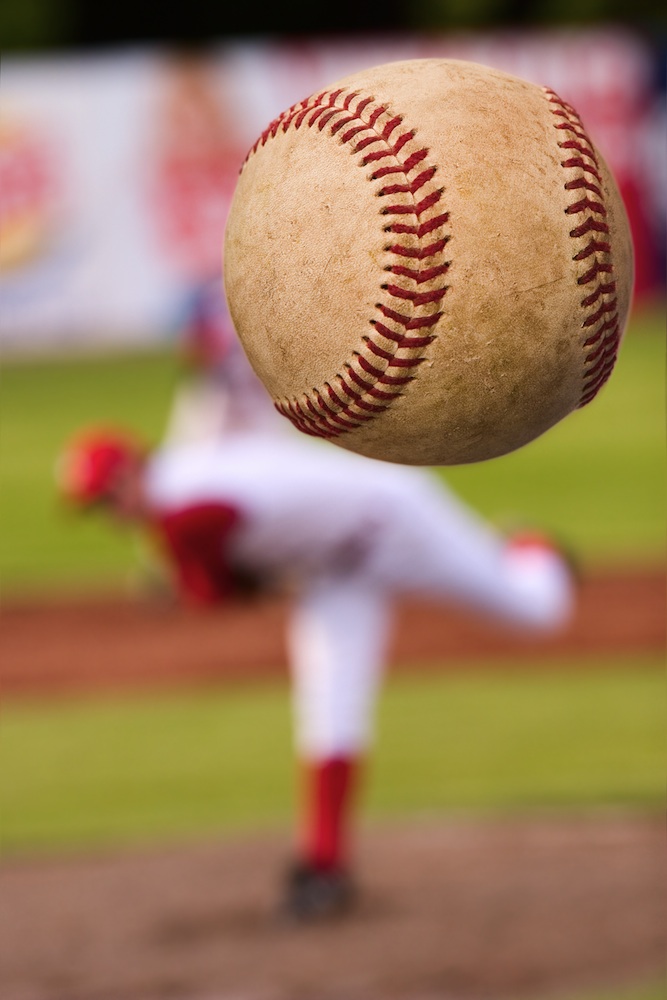
Blind Eye May Not Doom Pitcher's Career
By Joe Brownstein published
Pitcher Juan Sandoval is trying to make the major leagues with sight in only one eye.
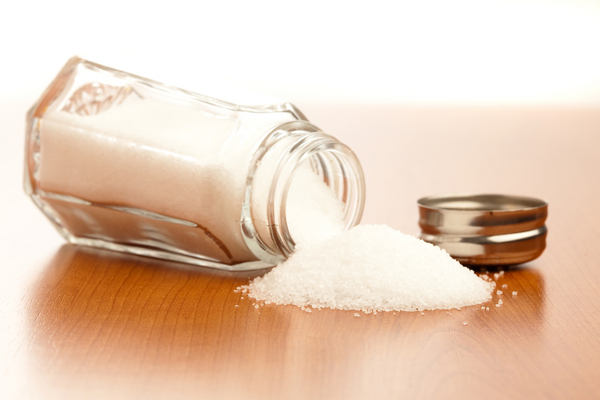
6 Ways to Hold the Sodium
By Joe Brownstein published
Easy, common-sense strategies for cutting back on the salt.
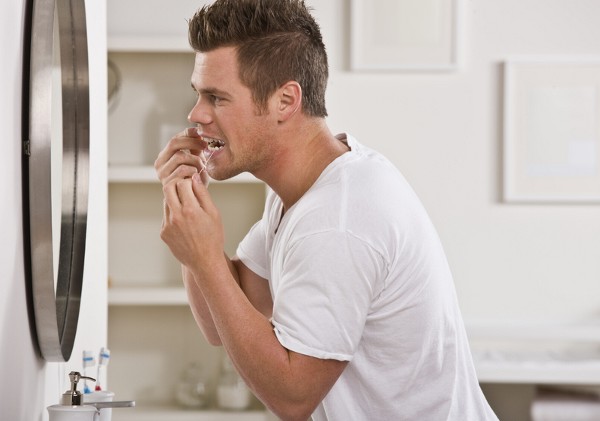
Treating Gum Disease May Treat Erectile Dysfunction
By Joe Brownstein published
Men with erectile dysfunction who received treatment for their inflamed gums reported their erections improved in three months, a new study finds.

7 Gadgets to Keep Your Child Safe & Healthy
By Joe Brownstein published
Here's a look at seven gadgets aimed at improving kids' health, along with expert tips for what parents may want to consider when making a purchase.
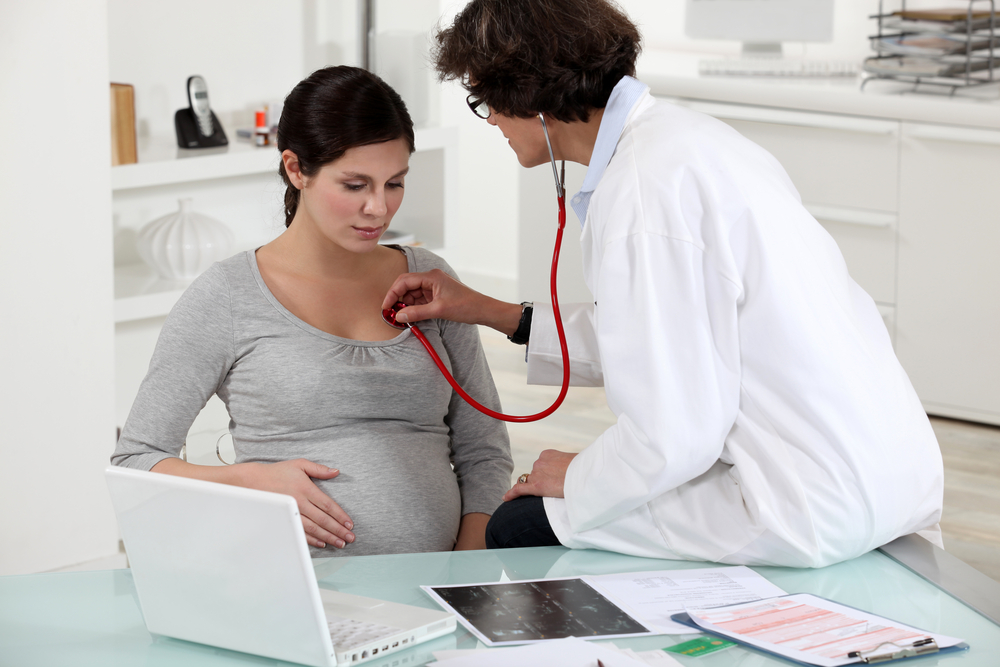
Autism Linked to Fever or Flu in Pregnancy
By Joe Brownstein published
Children may be more likely to develop autism if their mothers had the flu a prolonged fever during pregnancy, a new study suggests.

4 Aging Signs May Reveal Heart Disease Risk
By Joe Brownstein published
Physical features that are commonly associated with aging — such as a receding hairline or a crease in the earlobe — may also signal an increased risk of heart disease, a new study says.

Scenes of the Meningitis Outbreak: Patients Grapple with Uncertainty, Fear
By Joe Brownstein published

Health Problems in Teens Linked with Worse Cognitive Skills
By Joe Brownstein published
Teens with metabolic syndrome (a collection of symptoms linked with diabetes and heart disease) do worse on tests than their healthier counterparts, a new study says.
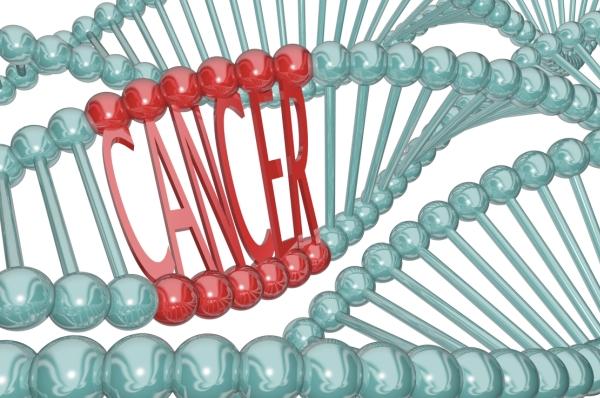
Cancer Drug Helps Patient Despite Faltering in Trials
By Joe Brownstein published
A cancer drug that isn't passing muster in clinical trials may still be the answer for some patients
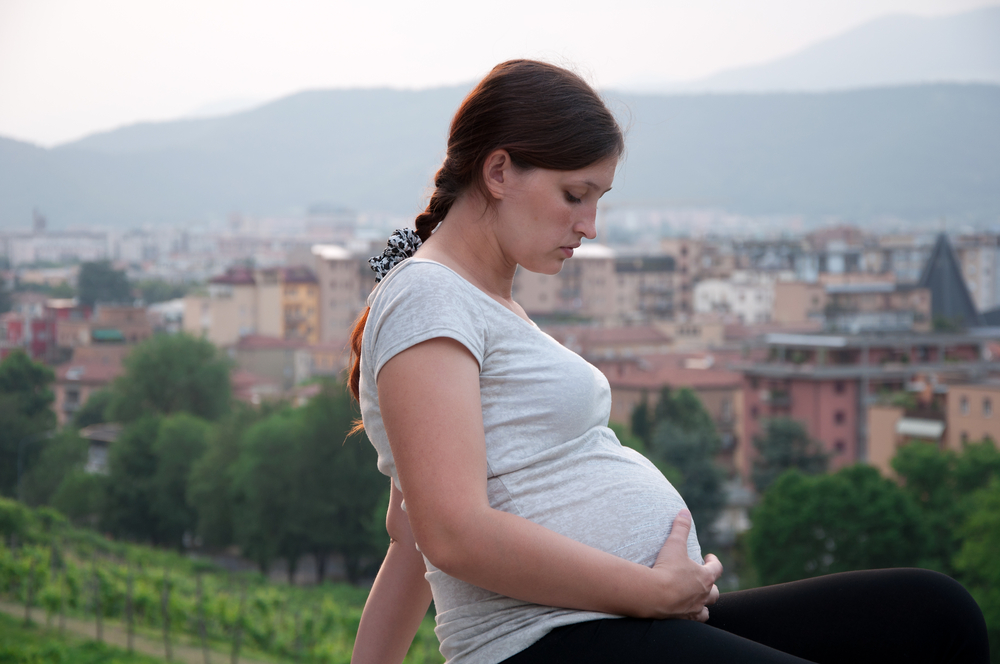
Air Pollution Linked with Stillbirth Risk
By Joe Brownstein published
A new study of air pollution levels in New Jersey has found an increased risk of stillbirths among women exposed to specific pollutants.
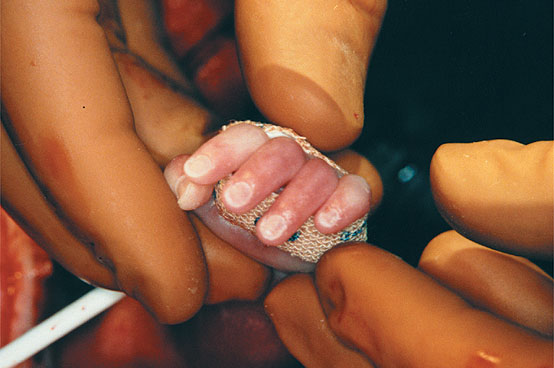
The Tiniest Patients: Fetal Surgery Delivers Big Results
By Joe Brownstein published
Fetal surgery researchers are looking for ways to reduce risks, operate earlier, and treat more conditions.
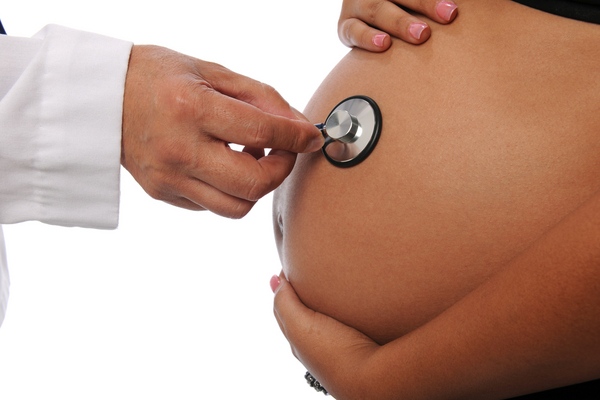
New Fetal Genome Sequencing Could Spot Disorders
By Joe Brownstein published
A new technique that reveals a fetus's genes without an invasive test could lead to a test for more genetic disorders.

Lack of Sleep May Boost Diabetes Risk
By Joe Brownstein published
People in an experiment who slept for just six hours per night developed pre-diabetes after three weeks.
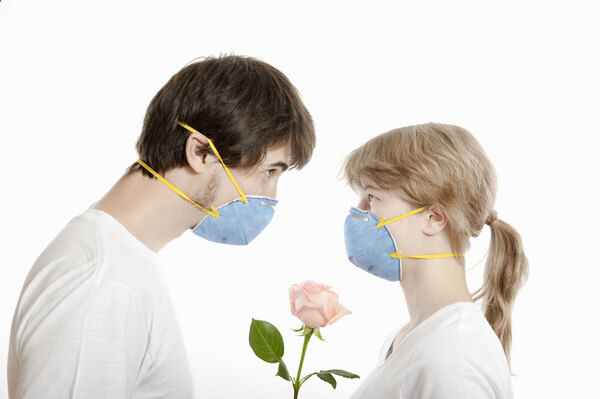
Sex Infections Expert Looks to Social Networks for Help
By Joe Brownstein published
The U.S. approach to curbing the spread of sexually transmitted infections needs an update, an expert says.

Social Media Helping to Counter Health Myths
By Joe Brownstein published
Health myths and misinformation spread on the Internet, but public health experts say they are increasingly turning to social media to counter bad information with the facts.

Circumcision Linked to Lower Prostate Cancer Risk
By Joe Brownstein published
Men who are circumcised may have a lower risk of developing prostate cancer, a new study suggests.
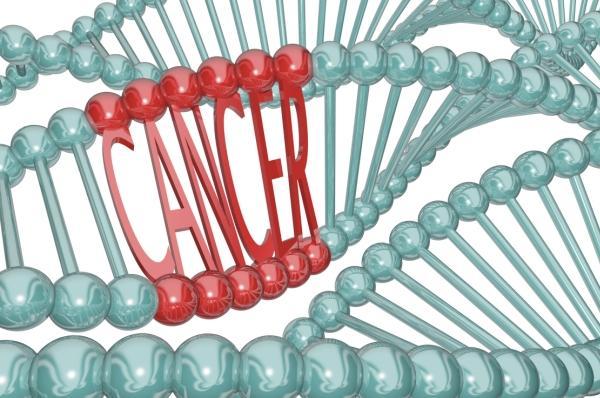
Melanoma Patients' Reaction to Drug Sheds Light on Treatment
By Joe Brownstein published
The melanoma drug Zelboraf can halt the cancer's progression, but eventually the drug stops working and patients relapse. A new study may explain why, and point to new treatment options.
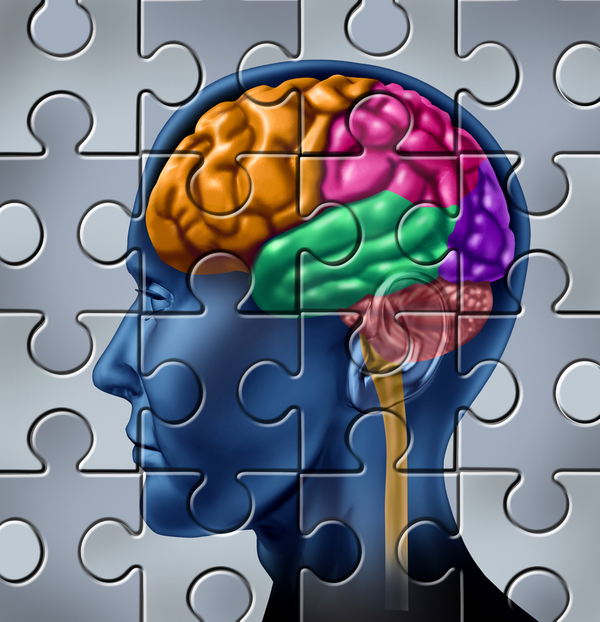
Cancer Drug May Treat Alzheimer's
By Joe Brownstein published
The drug bexarotene, already approved as a cancer treatment, may reverse Alzheimer's disease in its a early stages, a new study in mice suggests.
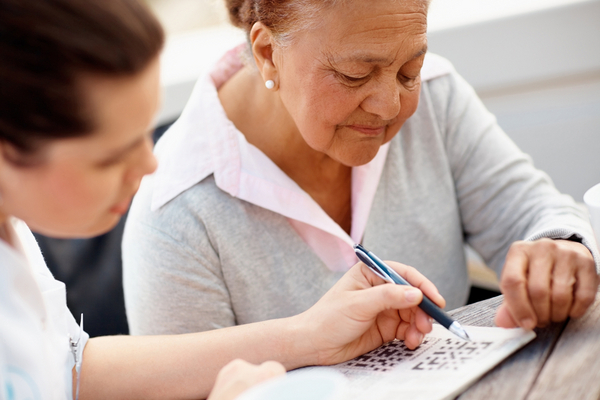
Distraction Reduces Pain, Study Finds
By Joe Brownstein published
Distracting yourself from pain makes you hurt less, and even works better than the placebo effect, a new study finds.
Sign up for the Live Science daily newsletter now
Get the world’s most fascinating discoveries delivered straight to your inbox.


